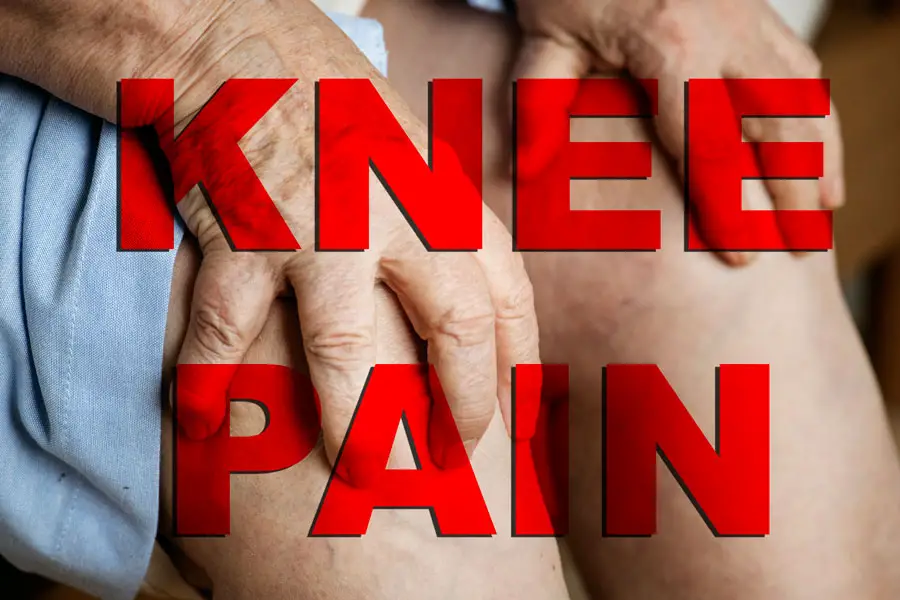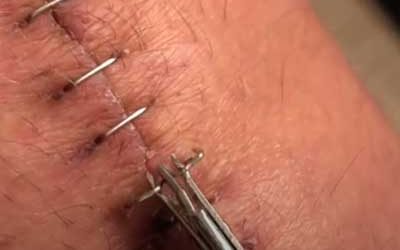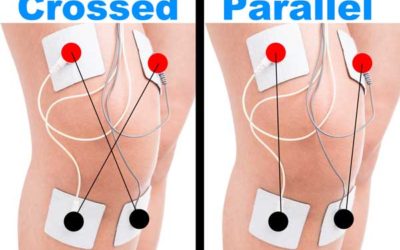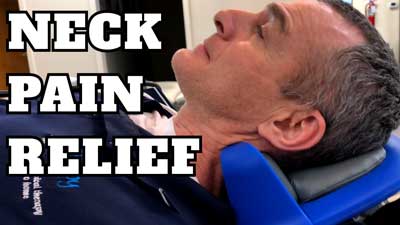KNEE PAIN – Why Does My Total Knee Replacement Still Hurt So Much
Persistent Knee Pain After Total Knee Replacement Surgery
Pain is a highly complex human experience that cannot be easily explained by mechanical problems.
It is possible to have scar tissue without pain. It is possible to have limited range of motion without pain. It is even possible to have redness and swelling without pain.
But many of the patients I work with in my physical therapy clinic who are experiencing persistent pain after total knee replacement are experiencing all of these impairments AND pain.
What percent of total knee replacements are successful?
By several accounts nearly 20% of patients are not happy with the outcome of their total knee replacement. [1]
Why does my total knee replacement still hurt?
One of my favorite clinical studies reviewing different aspects of pain following a total knee replacement is The painful knee after total knee arthroplasty: evaluation and management. [2]
A list of the most common causes of pain:
- Infection
- Mechanical Instability
- Loosening of the component
- Periprosthetic fracture
- Anterior knee pain
- Overhang
- Non-Joint Causes:
- Soft tissue irritation
- Neuropathic pain
- Complex regional pain syndrome
In future updates to this article, I will be providing more details on the above conditions.
What is considered normal knee pain?
Many of the patients I work with in my physical therapy clinic will ask “Is this normal?”
There is something calming about knowing the pain you feel is normal or common.
Normal Knee Pain After Joint Replacement Surgery
Normal knee pain would be characterized by soreness throughout the knee, thigh, and calf. It is often described as a 4 out of 10 increasing to a 7 out of 10 at the most.
Patients will report the first 24 hours after surgery feeling lower pain levels than compared to the next 48 to 72-hour. After 72 hours the pain levels should reduce to a more comfortable level.
Normal pain may increase with activity and normalize with rest. Normal pain often responds well to pain medication, icing, or moist heat.
What are Abnormal Pain Levels
Abnormal pain would be characterized by pain that increases throughout the day and doesn’t relent with pain medication, icing, or moist heat. High pain levels cause increased respiration rates, sweating, and signs of stress.
Abnormal pain may cause loss of appetite, nausea, and anxiety.
In these cases, it is important that the patient contact the surgical team for a possible change in pain medication or further medical assessment.

Infection After Total Knee Replacement
While it is true that an infection may also cause pain after a total knee replacement, an infection may also be present without pain. Some classic warning signs to watch for infection include:
- Excessive and worsening redness
- Seepage, drainage, or oozing
- Redness that progressively extends away from the knee
- Increased warmth at the knee
- Increased body temperature
If you or your therapist have reasons to suspect a possible infection, it is important that you contact your surgical team or go to your local emergency room for further medical assessment.
Mechanical Instability
There have been reported cases in which the prosthesis implanted during a total knee replacement surgery becomes unstable or the ligaments surrounding the knee become ruptured.
Mechanically instability is often associated with an unsafe feeling while walking to stepping on the surgical leg, but it isn’t often associated with pain in the knee joint.
A knee that has become mechanically unstable is loose and therefore patients do not feel the pain associated with knee stiffness.
Citations and Reference:
More Blog Posts …
Lymphedema LIVE Class Registration
WHAT: In this LIVE class you will learn what you can do to manage swelling, reduce pain, and improve healing after a total knee replacement surgery. Dr. Andrea Leifer, PT, CLT-LANA is a lymphedema expert and educator. WHEN: March 31, 2021 at 3PM EST WHERE: Online Zoom...
10 Questions About Leg Elevation After Knee Surgery
Physical Therapist Anthony Maritato, PT Recommends the 3 BEST leg elevation pillows after knee replacement surgery | 10 Common Questions Patients Ask
Does It Hurt To Have Staples Removed After Knee Replacement Surgery
Removing Staples After Knee Replacement Surgery Staple removal is often painless and quick. In the following video a person removes his staples at home, but it is always recommended you allow your physician or surgical team remove the staples in their office.Why Are...
BEST Tens Placement for Knee Pain
Is TENS a Good Way to Reduce Knee Pain? Transcutaneous Electrical Nerve Stimulation (TENS) is a non-invasive, drug-free method for pain relief that has been widely used to manage various types of pain, including knee pain. TENS therapy involves sending low-voltage...
How many times a day can you do Neck Traction
Neck (cervical) traction is most commonly prescribed in 10 to 20 minute episodes. In this article I share the BEST positions to use cervical traction and what you NEED to AVOID when using it.
Which Activities Should I Avoid After Total Knee Replacement?
Click here to see a list of activities you should avoid after total knee replacement as well as a BUNCH of activities you may ENJOY.
Why Does my Knee Replacement Make Noise?
Would you like to know why your knee replacement makes noise? Is it a grinding? Is it a clicking? Or is it a popping? Snap, crackle, pop may be common after a total knee replacement. Read on to learn why-
How long should I ICE my knee after knee replacement?
Icing after a total knee replacement should be performed for between 10 and 20-minutes. If icing is painful then consider using heat instead. Explore myths about icing in this article.
Is tens SAFE to use for knee pain?
Have you been wondering if a TENS unit could reduce knee pain associated with arthritis? A TENS unit may be a great drug free way to reduce pain following a total knee replacement. In this article we will discuss how and when to use a TENS unit for drug free pain relief of knee pain.
Sleeping After Knee Replacement – 3 Best Positions
Finding a comfortable sleeping position after a knee replacement can be challenging. The most common advice is to sleep flat on your back with your surgical knee straight and elevated above your heart. To achieve this, many surgeons recommend propping a pillow under...









